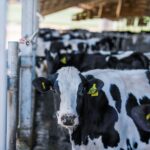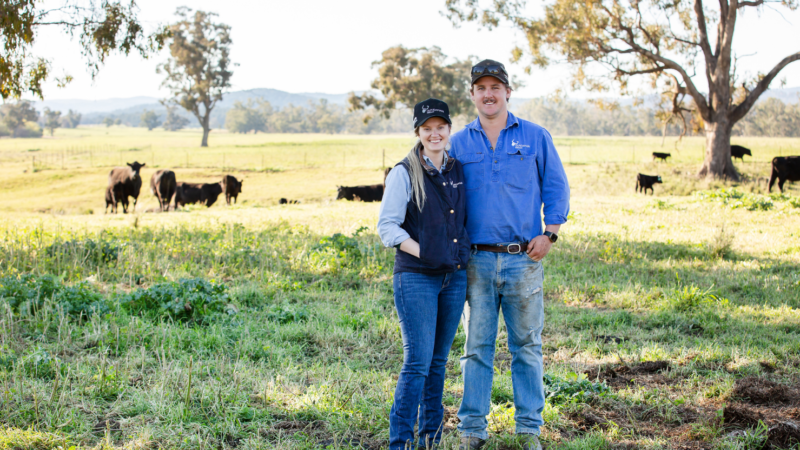The enduring supermarket power play and the impact this has had on the dairy, horticulture,…
Hydrogen vehicles: a new super power?
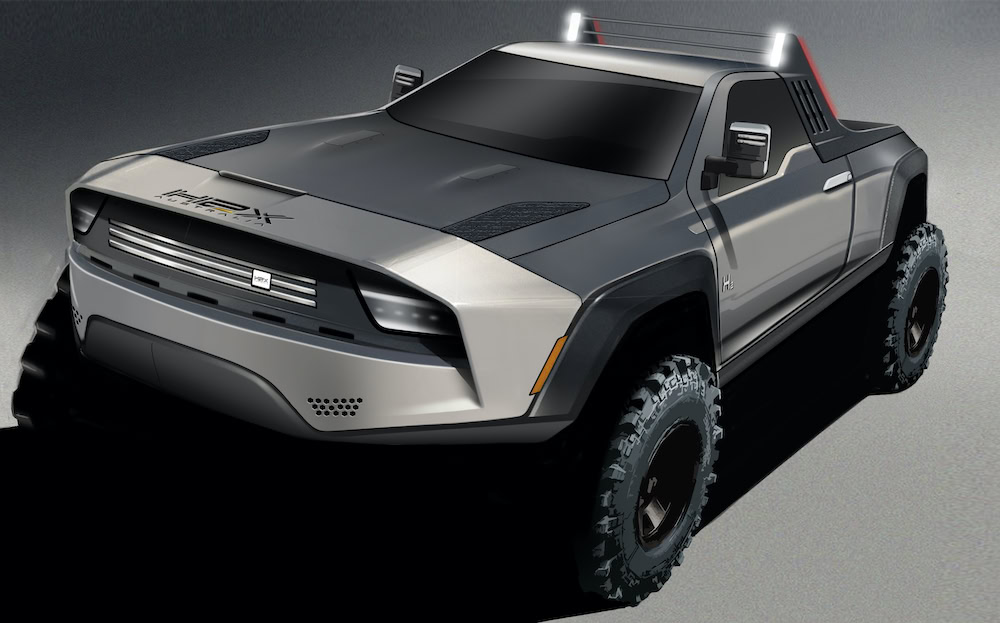
The process of phasing out hydrocarbon fuels, diesel and petrol is well underway and governments around the world are committing to renewable energy alternatives. One of those is hydrogen. Which will lead to the creation and use of hydrogen vehicles.
Australia’s National Hydrogen Strategy outlining hydrogen pathways for the future was announced by the Commonwealth Government in November 2019. Since that time, Europe has committed to a hydrogen strategy and the US has been supporting new investments in this market.

Hydrogen vehicles to be a reality
Already in Australia, a number of companies have started along the road to developing the facilities to make hydrogen a reality.
Many millions of dollars in investment is being applied to manufacturing electrolysers, the means to make hydrogen and hydrogen fuel cells that provide the drive train power, and for the development of cars, trucks, buses, tractors and other machinery.
In South Australia, a massive electrolyser to produce hydrogen fuel has been created, and many bus companies are already retooling their vehicles to run on hydrogen while fleet vehicle operators are also building hydrogen operations.
A NSW-based company has now announced the manufacture of scalable electrolysers which will put the ability to make hydrogen fuel into the hands of farmers and rural businesses.
Mr Sam Blackadder, CEO of Elvin Renewables and the former Head of Utility and Projects for Jinko Solar in Australia, announced the group�s intention to manufacture electrolysers for green hydrogen production in Australia. The electrolysers will be manufactured in Port Kembla as a joint venture with Hydrogen vehicle manufacturer H2X.
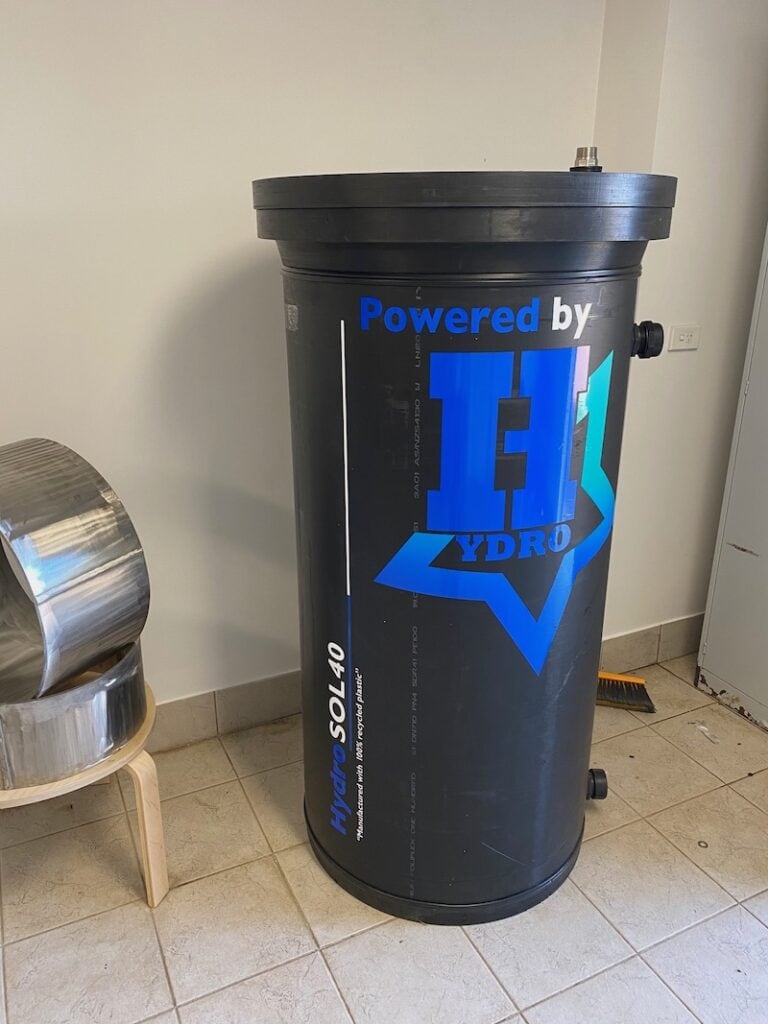
About the size of a hot water heater, each electrolyser produces 50 kilowatts of energy. Capacity can be scaled up by connecting several of the units together to produce up to 20 kilograms of hydrogen each day.
According to Blackadder, the local production of green hydrogen electrolysers is fundamental to Elvin Group Renewables� business vision, which is to reduce Australia�s fossil fuel dependency.
Other core parts of the business include development of large-scale utility battery projects, solar developments and renewable energy assets.
�We believe the time is right for Australia to take hold of and drive the hydrogen economy which also means taking control of manufacturing opportunities,� he commented. �Instead of importing a hydrogen electrolyser from overseas markets we should be utilising our talented and experienced workforce by providing upskilling into a new industry.�
Blackadder says there are many farming benefits for the use of hydrogen power and electrolysers. One example is of a barramundi fish farm where the farmer is looking to use a hydrogen tractor powered by a hydrogen electrolyser connected to a solar array. The farmer will store the hydrogen on site.

The nuts and bolts
Hydrogen is produced using an electrolyser, which splits water into hydrogen and oxygen gases. The hydrogen is then purified and stored in high-pressure tanks, while oxygen is released to the atmosphere. In the case of fish farmers, the oxygen is pumped into the dams holding the fish. This overcomes many of the issues of contamination through oxygen depletion in the water.
Other great benefits for farmers using the localised hydrogen is that it is cheap to produce and also creates urea as a by-product, which can then be used as fertiliser.
The quantity of water required to run the hydrolyser is small, with just one litre of water producing more than 1,000 litres of hydrogen. In energy terms, one kilogram of hydrogen is roughly equivalent to 6.8-9.0 litres of petrol.
Blackadder commented that for small to mid-sized projects, Elvin Group Renewables has invested in Hydrostar, an Australian-based company. Hydrostar has developed a unique green hydrogen electrolyser suited directly for renewable energy projects, which is ready now for commercialisation.
�There is a heavy push internationally to setup our HQ offshore however we believe that Australia has the ability to be at the cutting edge and delivery of the hydrogen economy both domestically and internationally,� Blackadder says. �This will also supply an instant boost to the economy for skilled trades and high value jobs which will grow all parts within the production and delivery chain of this quickly growing industry.�
With the ability to connect a small electrolyser to a house or farm building and create local power, farmers can dramatically reduce their running costs.
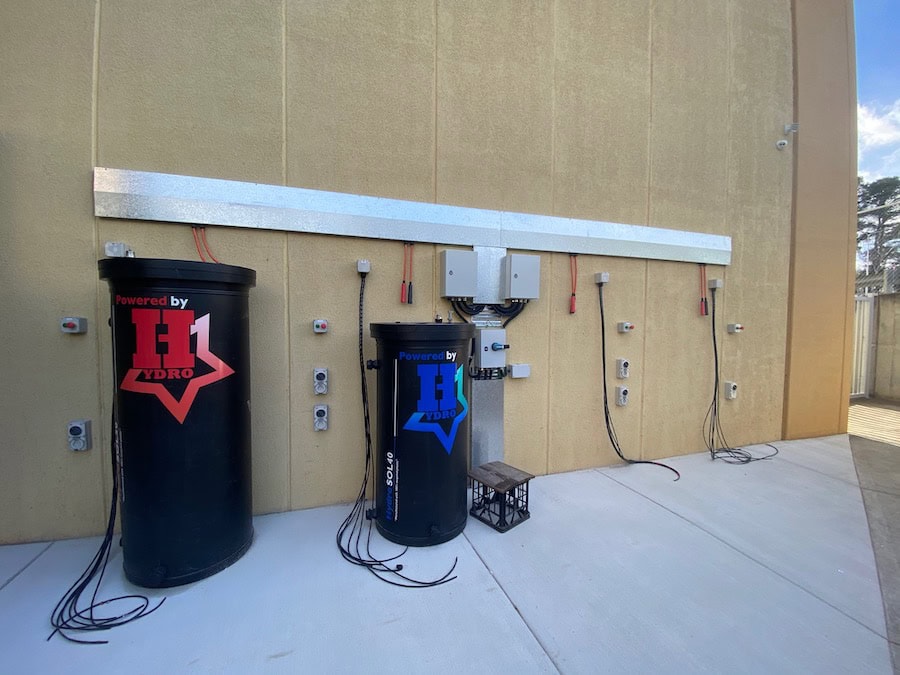
Full steam ahead
Part of the growth in hydrogen investment has also involved the development of hydrogen fuel cell technology and the drive trains for farm machinery and vehicles.
One company has announced the development of a range of tractors, utes and other machinery, coming on stream by 2021.
Brendan Norman is CEO of hydrogen vehicle manufacturer H2X Australia. He and his team have already produced hydrogen vehicles both light and heavy. �With the development of many Green Energy projects in Australia at the moment we have a unique opportunity to bring a significant manufacturing operation back to into the country,� Norman says.
Norman added that the company was focussed on reaching market leading volumes by 2025, and that the portfolio will include locally designed and built heavy and industrial vehicles as well as a range of passenger cars.
The core team at H2X has been working for a number of years on hydrogen and alternative vehicles. Some have gained extensive experience working in China on Hydrogen Fuel Cell Vehicles, now bringing their skills and knowledge to H2X.
Others have been involved in power train development of a number of major fuel cell power projects for several successful vehicles currently in the Chinese market. The learnings from the advanced development in these projects will be applied to H2X vehicles, but the focus is ultimately on vehicles that are tuned for the challenging environment of Australia.
If you enjoyed this story, you might like our feature on farm robots.


